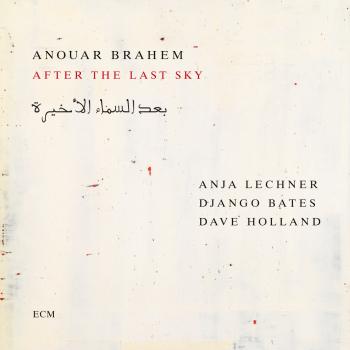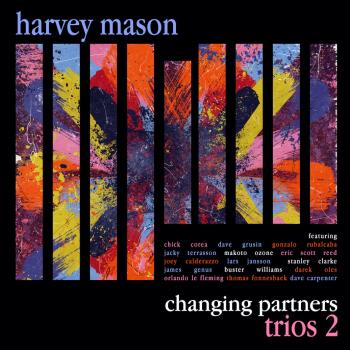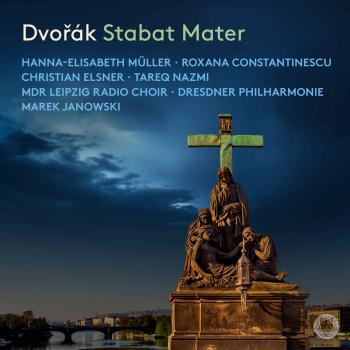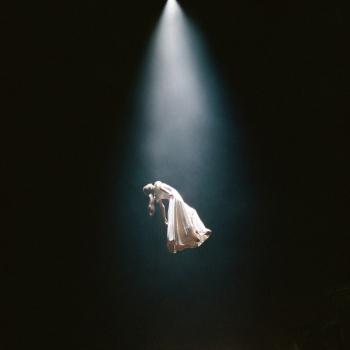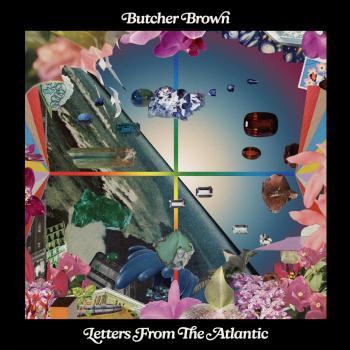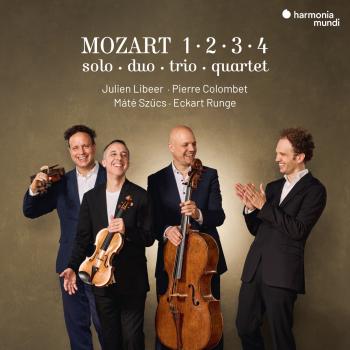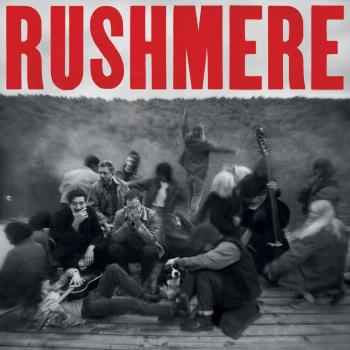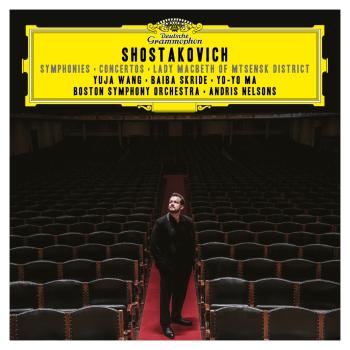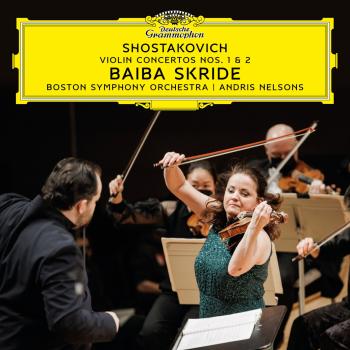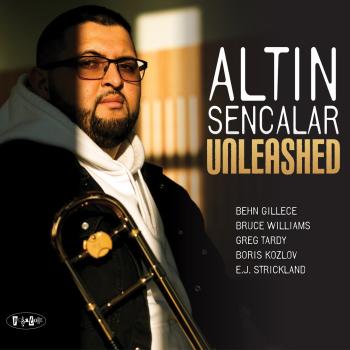
Ava Rasti: The River Ava Rasti
Album info
Album-Release:
2024
HRA-Release:
06.12.2024
Album including Album cover
- Ava Rasti (b. 1988): The River:
- 1 Rasti: The River 01:20
- The Dead Horse:
- 2 Rasti: The Dead Horse 06:18
- Wound:
- 3 Rasti: Wound 06:15
- Swimming With Him:
- 4 Rasti: Swimming With Him 08:30
- Embrace The Abyss:
- 5 Rasti: Embrace The Abyss 07:04
- Teardrop:
- 6 Rasti: Teardrop 05:38
- I Remember:
- 7 Rasti: I Remember 05:31
Info for Ava Rasti: The River
'The River' is concerned with how a location holds and hide memories, and inadvertently how perspective and time creates unreliable narrators. Rasti explores how memory gets reassigned, she paraphrases Heraclitus, “We never step in the same river twice, for it's not the same river and we are not the same human being.” Illustrating her thoughts she took small sequences from famous classical pieces and replayed and replayed these tiny fragments until they became unrecognisable.
The concept and music were initiated during Rasti’s artist residency at Fabrica. She would visit The Piave River, finding peace, and clarity in the surroundings. She discovered The Piave’s history - the site of two battles during the Napoleonic and First World Wars and witness to horrific loss of life. The juxtaposition of the present - Rasti and her friends at play - and the banks’ blood-soaked past, profoundly affected the musician .
The album opens with 'The River', an overview, like an aerial photograph capable of capturing all the dense layers of The Piave’s past. 'The Dead Horse', a dedication to innocent animals killed in battle, begins as a delicate, melancholy, minor key hum. Its mournful, muted, manipulated orchestration gradually building in volume and intensity. 'Wound' imagines The Piave as a fissure, a scar in the Earth’s “tissue”, altered by time and erosion. The bass strings’ shaped into sighs, sad weeping waves of harmonics.
Bowed aches mixing with an almost inaudible scraping and scratching. 'Swimming With Him' examines the courage it takes to dive into the depths of our experiences, the countering currents of memories. Fluctuating frequencies circle near and then further away, like a powerful tide going out, drawing the listener to a place of drama, unease.
'Embrace The Abyss' aims to recreate The Paive’s conflicts. Its improvised percussion is a rattle of seemingly random, organic collisions. A tumbling elemental timpani that obeys only its own rhythm, and summons scenes of terrible storms. As with all the titles on the album, it feels under gravity’s pull. At the mercy of the moon, invisible forces that are impossible to resist. Forces far older, far greater than man.
'Teardrop' consists of treated keys. Distorted trebly notes, with rough jagged edges. Signalling truth cutting through to the surface. Sculpting serenity from twisted Fennesz-like glitches, and clipped, collaged sound design. 'I Remember' uses shifting chords and tonality to evoke the sensation of shaky recall. Rasti’s fingers sometimes faltering, halting as if trying to pick out a half- forgotten tune. It’s perhaps the album’s warmest moment. The previous songs’ sadness tempered with flashes of happier times. It feels very human. Hurt but healing.
Ava Rasti
Ava Rasti
is a young Iranian musician, based in Tehran, who is continually shaping her sound. Having picked up piano and guitar to front the post-punk group, The Finches, while still in her teens, for the last few years Rasti has worked solo. Over a series of self-released albums she’s explored the areas of ambient and modern classical, working electronically with bass-guitar generated drones.
Rasti’s latest long-player was conceived while attending Fabrica, an artistic residency held in Treviso, in Northern Italy. The key source of inspiration was the nearby Piave River, a scenic spot where Rasti and her friends would play and chill. The Piave, however, was the site of bloody battles in both the Napoleonic and First World Wars, and it was this hidden heritage that sparked the concept behind the LP. At its heart is the idea that any location is a dense layered lattice of events and memories. That such places can mean very different things to different people. The compositions also aim to question how reliable we are as narrators, our personal histories blurring fact with fantasy, and how each retelling will alter a story’s “truth”. Into this Rasti also mixed personal shaky, uncertain recollections of her father. Interviewed for the press release, Rasti paraphrased the Greek philosopher, Heraclitus:
“We never step in the same river twice, for it is not the same river and we are not the same human being.”
Musically, Rasti illustrates these ideas by taking tiny fragments from famous classical pieces, and replaying them over and over, until melodically they’re far removed from their root. Mirroring recalling distant, faded almost forgottens. The seven electro-acoustic pieces travel from symphonic Eno-esque drones and treated orchestral textures, through powerful tides of machine pulses and storms of improvised percussion. The bowing, scraping and scratching of strings sometimes collaged with Fennesz-like fizz. Along the way, pinpoints of piano, like welcoming lights, provide warmth and reassurance, on a journey that attempts to face and make peace with the past.
This album contains no booklet.

